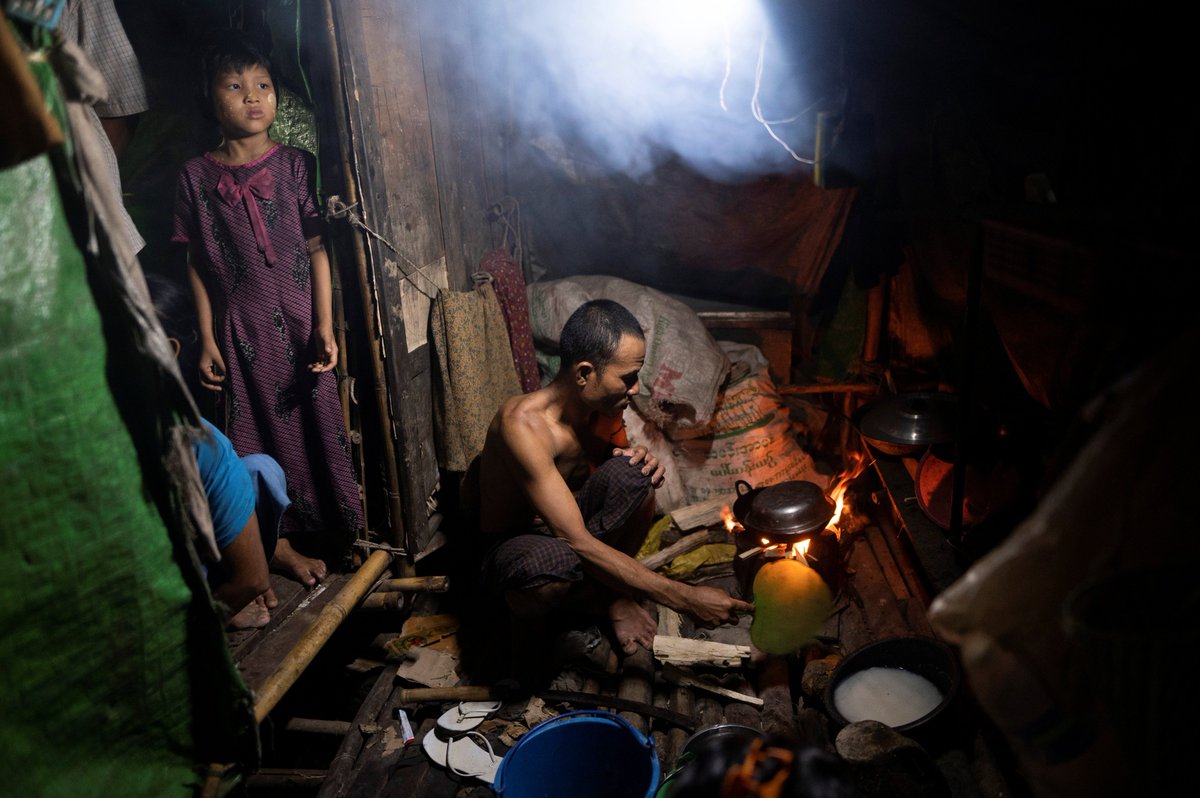
Dear friends: Let's be honest: This is a strange #Christmas, maybe the strangest any of us have ever experienced. Most of us are far from our homes, far from our friends and families, and those who are able to be with their friends and families are afraid, worried or nervous... 

In the past few months, all of have faced the prospect of suffering, illness and death, and many of us have experienced great economic hardships.
So what does it mean to say "Merry Christmas"?...
So what does it mean to say "Merry Christmas"?...
This is the entrance to the Church of the Nativity in Bethlehem. It's a tiny opening, no more than five feet high. Originally it was much larger, but it was made smaller and smaller to ensure that succeeding waves of invaders would not be able to enter the church easily....
Now it is called the "Door of Humility." You have to crouch or even kneel to enter.
God entered our world in the humblest way possible: as a child, totally dependent on two adults for his care: he needed to be nursed, held, fed, burped and changed....
God entered our world in the humblest way possible: as a child, totally dependent on two adults for his care: he needed to be nursed, held, fed, burped and changed....
God came into our messy, awful, confused world fully aware of what that would mean. Jesus knew illness and probably pandemic. He saw people get sick and die, including, most likely, his foster father Joseph....
He saw people who were poor and suffering. In other words, he entered into the world in which we live today.
Jesus's entire public ministry took place in the middle of that messy, awful, confused world. He wasn't walking around in some pretty painting...
Jesus's entire public ministry took place in the middle of that messy, awful, confused world. He wasn't walking around in some pretty painting...
Jesus met people who were living in abject poverty, who suffered debilitating and serious illnesses, and who labored under oppressive leaders. He confronted tremendous suffering almost every day....
Just think of the father of the epileptic boy who begs with Jesus to help his son, who has been suffering all his life. Suffering was not unknown to Jesus. In all these things, Jesus took a stand, beside those who were poor, sick and suffering....
And in the end he suffered intensely, in order that we might have new life....
So maybe Christmas won't be "merry" this year. But I hope that in the Mystery of the Incarnation, you can see how much God loved us. God loved us so much that he became one of us. He entered the Door of Humility. And God promised stand beside us until the end of time....
Even if that doesn't make you merry, I hope it brings you some measure of peace.
May God bless you today and every day.
May God bless you today and every day.
• • •
Missing some Tweet in this thread? You can try to
force a refresh






